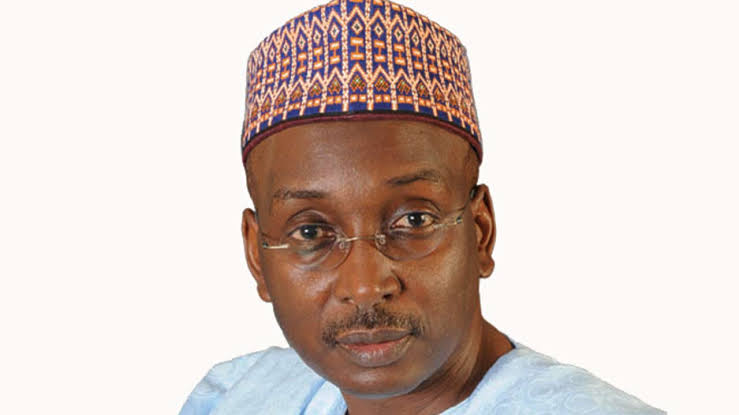Lukman further noted that the disconnect between those holding elective offices in the ruling party and the ordinary Nigerians has instigated hostility towards those holding elective offices.
He said: “Endless vicious circle of agitations to resolve problems of marginalisation, injustice and unfairness has created an atmosphere of deep-seated frustrations by most Nigerians from all sections. It is also responsible for the anger against political leaders and political establishments.
“Consequently, public commentaries are antagonistic against elected leaders and the ruling party – President Muhammadu Buhari and the All Progressives Congress (APC). Arguably, the belief is that President Buhari and the APC are the problems.
“Anybody who is associated with them is condemned and projected to be part of the problem. In the same way, every analysis of challenges facing the country, which attempt to highlight any progress being made on account of initiatives by the APC administration led by President Buhari is dismissed and condemned. Some critiques have argued that the APC and President Buhari also used the same approach to defeat the Peoples’ Democratic Party (PDP) and former President Goodluck Jonathan in 2015, which is debatable.
“It is important that the point is stressed that politics is about choices and every citizen should have the inalienable right to make his/her political decisions. Part of what civilisation require is to respect the choices made by every Nigerian even if we disagree. Inability to respect one another and the choices we all make only stabilise the nation in this season of ethnic contempt, tension and endless conflicts.
“In all the public outcry against the APC and President Buhari, for instance, even when opposition makes valid recommendations to resolve the challenges of national unity, they are not presented with the aim of winning the minds of elected leaders, and to that extent, therefore, get them to consider adopting and implementing the recommendations. In the same way, when elected representatives initiate actions to resolve challenges facing the country, there is hardly effort to win the support of citizens.”
Going forward, the Director-General of the PGF called for consensus among the power elite to mitigate the growing mutual ethnic distrust among the federating geo-political zones.
“As a nation, both citizens and political leaders need to come to terms with the reality that we all need each other to be able to build a nation that guarantees a good livelihood for citizens from all sections of the country. Nigeria can fulfil its destiny as Africa and world power with leadership that is a rallying point for good governance based on fair representation, justice and equity.
“It is debatable if any of the constituent parts and the respective ethnic groups – Igbos, Yorubas, Hausa-Fulanis, Tivs, Efik, Igbibios, Urogbos, or any other individual ethnic group can attain greatness and satisfactorily fulfil the aspirations of its members. Democratic governance offers Nigeria the rare opportunity to reorient the politics of the country to develop the framework for continuous engagements, negotiations and agreements.



